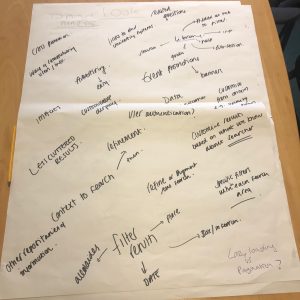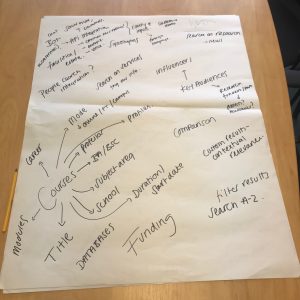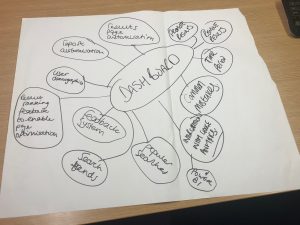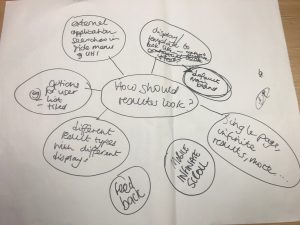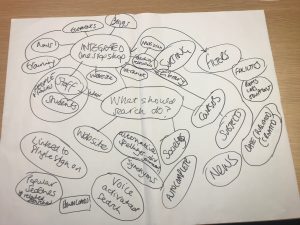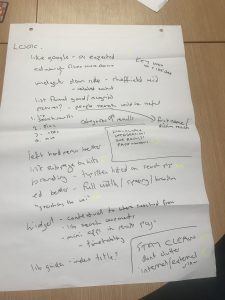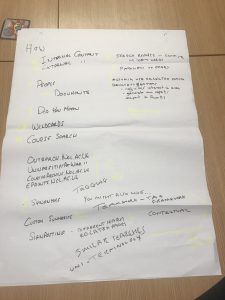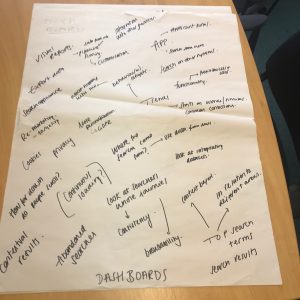The licence for our current Google Search Appliance is due to expire. This blog will discuss our initial project to replace it (Phase 1) and then subsequent projects designed to develop it further.
Phase 1
We’re initially going to be working with Funnelback and deploying their out of the box ‘Higher Education Template‘. The scope of this will include a number of filters for People, News, Undergraduate and Postgraduate Courses.
This product offers a Marketing Dashboard to enable us to understand what our visitors are searching for, to identify both common issues and newly spotted trends. It gives us greater control over the design and layout of different kinds of results.
View the Work In Progress Here
Information about the scope and index size of our initial search can be found here.
Feedback, Comments and Suggestions are welcome and can be posted here.
Subsequent Projects
Several user requirements workshops and followup discussions have been held with stakeholders and have identified a number of more complex requirements around integrating search with other applications and knowledge bases (in particular the Library and NU Connect). These requirements will be prioritised in December 2018 and work will begin early in 2019.
Funnelback also offers us significant scope to look at personalising results based on user demographics (and to promote events and messages based on this) and there is potential for course comparison functionality and the ability to embed fragments of search within pages – to automate the presentation of similar courses or news articles, for example.

